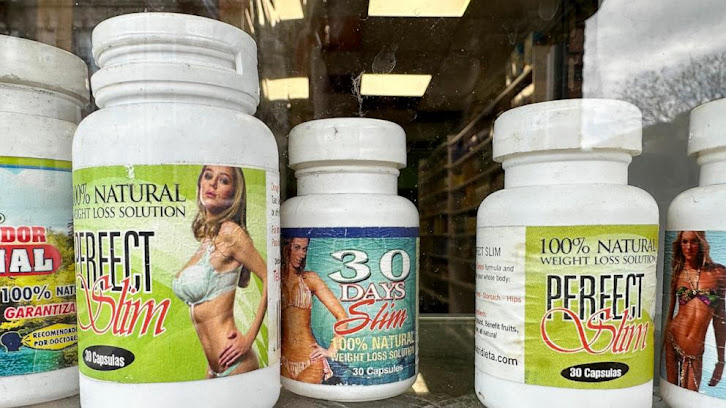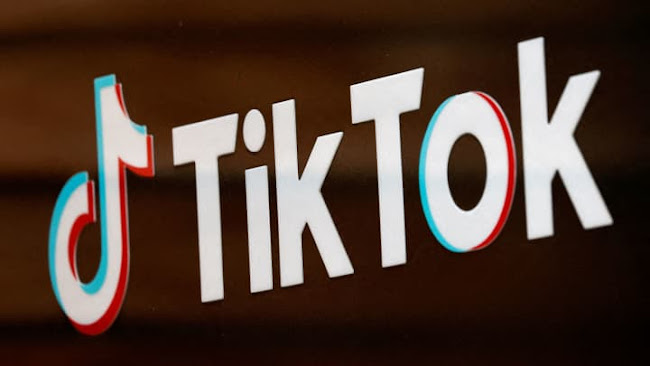New York Bans Sale of Weight-Loss and Muscle-Building Supplements to Minors: Implications and Future Trends
Selling weight-loss and muscle-building supplements to minors in New York is now illegal
Introduction:
In a significant move aimed at safeguarding the health of young individuals, New York has implemented legislation prohibiting the sale of weight-loss and muscle-building supplements to minors. This measure, which mirrors regulations governing the sale of tobacco and alcohol, seeks to address concerns surrounding the accessibility and potential health risks associated with these products. The enactment of this law reflects a growing recognition of the need to protect vulnerable demographics, particularly adolescents, from the adverse effects of unregulated dietary supplements.
Background:
The weight-loss and muscle-building supplement industry has experienced exponential growth in recent years, driven by societal pressures to attain idealized body standards and the desire for quick-fix solutions to achieve physical fitness goals. With a plethora of products flooding the market, ranging from protein powders to fat burners, consumers, particularly adolescents, are often targeted through aggressive marketing campaigns promising rapid results. However, the efficacy and safety of many of these supplements remain dubious, with concerns raised about the potential adverse effects on health, particularly among young individuals whose bodies are still developing.
Key Points of the Legislation:
The newly enacted law in New York prohibits the sale of weight-loss and muscle-building supplements to individuals under the age of 18. Retailers are now mandated to verify the age of customers before selling these products, with penalties ranging from $500 to $2,500 per violation for non-compliance. By imposing age restrictions on the sale of these supplements, the state aims to curtail underage access and mitigate the potential risks associated with their consumption, including adverse health effects and the perpetuation of unhealthy body image ideals.
Rationale Behind the Ban:
The decision to restrict the sale of weight-loss and muscle-building supplements to minors is grounded in concerns raised by health experts and lawmakers regarding the potential harm posed by these products. Many dietary supplements marketed for weight loss or muscle gain contain ingredients such as stimulants, herbal extracts, and proprietary blends whose safety and efficacy have not been adequately studied or verified. Furthermore, the pervasive influence of the supplement industry, coupled with societal pressures to conform to unrealistic body standards, can contribute to the development of body image issues, disordered eating behaviors, and other negative health outcomes among adolescents.
Support and Opposition:
Advocates of the ban argue that it is a crucial step towards protecting the health and well-being of minors, emphasizing the need for regulatory measures to address the unbridled proliferation of potentially harmful dietary supplements. They contend that the supplement industry, which operates with minimal oversight and regulation, prioritizes profits over consumer safety, thereby necessitating legislative intervention to safeguard public health. However, opponents raise concerns about the potential impact of the ban on businesses that rely on the sale of these products and question the efficacy of age restrictions in preventing underage consumption, suggesting that education and parental oversight may be more effective means of addressing the issue.
Implications for the Industry:
The implementation of the ban on selling weight-loss and muscle-building supplements to minors in New York is likely to reverberate throughout the dietary supplement industry, prompting other states to consider similar measures to address concerns about underage access and consumer safety. This increased scrutiny and regulation of the supplement industry may compel manufacturers to reformulate their products, undergo stricter regulatory oversight, or face legal repercussions for non-compliance. Moreover, retailers and distributors of these supplements will need to adapt to the new regulatory landscape, implementing age verification protocols and ensuring compliance with legal requirements to avoid penalties.
Impact on Retailers:
The ban on selling weight-loss and muscle-building supplements to minors presents challenges for retailers and distributors who must navigate the complexities of compliance with age verification requirements while balancing business interests. Some retailers may choose to discontinue the sale of these products altogether to mitigate legal risks and reputational damage, while others may opt to diversify their product offerings or pivot towards promoting evidence-based, health-conscious alternatives. Additionally, the implementation of the ban may catalyze shifts in consumer preferences and purchasing behavior, driving demand for transparently labeled, scientifically backed dietary supplements.
Educational Initiatives:
In addition to legislative action, concerted efforts to educate consumers, particularly adolescents, about the potential risks associated with weight-loss and muscle-building supplements are imperative. Public health campaigns, school-based interventions, and community outreach programs can provide evidence-based information on nutrition, physical activity, and healthy body image, while debunking myths perpetuated by the supplement industry. By empowering young individuals to make informed choices about their health and well-being, these initiatives can help mitigate the demand for potentially harmful dietary supplements and foster a culture of health consciousness.
Future Trends:
The ban on selling weight-loss and muscle-building supplements to minors in New York sets a precedent for addressing public health concerns related to the dietary supplement industry. As awareness of the risks associated with these products continues to grow, there may be increased demand for evidence-based alternatives and greater scrutiny of marketing claims. Policymakers and health authorities are likely to monitor trends in supplement usage and explore innovative approaches to promoting health and wellness, including enhanced regulatory measures and educational campaigns targeting vulnerable populations such as minors.
Conclusion:
In conclusion, the prohibition on selling weight-loss and muscle-building supplements to minors in New York represents a significant stride towards promoting consumer safety and addressing the complex interplay between the supplement industry, public health, and regulatory oversight. While the long-term effectiveness of the ban remains to be seen, it signals a paradigm shift towards greater accountability and scrutiny within the dietary supplement industry. Moving forward, sustained efforts to enforce existing regulations, educate consumers, and foster a culture of health consciousness will be essential in safeguarding the well-being of individuals of all ages and promoting evidence-based approaches to nutrition and fitness.
Disclaimer:
The summary provided above is a condensed version of the news article titled "Selling weight-loss and muscle-building supplements to minors in New York is now illegal". While efforts have been made to accurately represent the main points and key details of the article, this summary may not capture all nuances or additional information included in the original source. Readers are encouraged to refer to the original article for a comprehensive understanding of the topic. The views and opinions expressed in the summary are those of the author and do not necessarily reflect to the original article publisher.
Original News Article Link: Selling weight-loss and muscle-building supplements to minors in New York is now illegal









Comments
Post a Comment